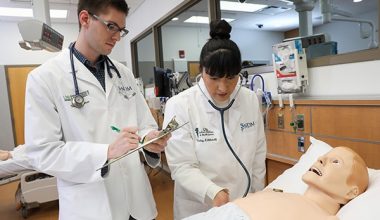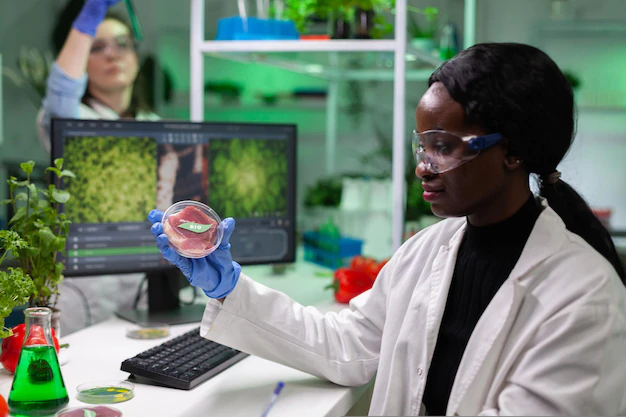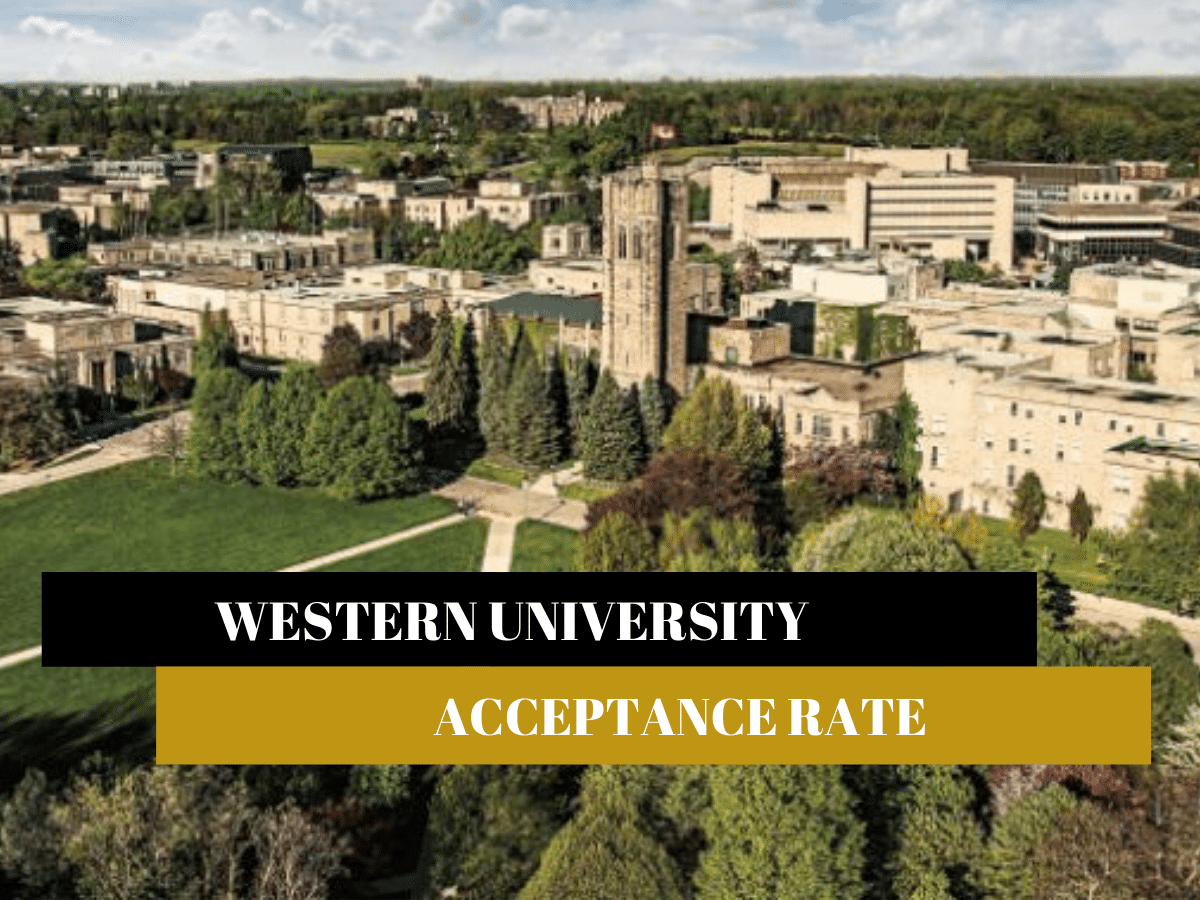So, dentistry graduates either have a DMD or a DDS degree. DMD vs. D.D.s, which is better? What’s the difference? What are the similarities? As an intending dentist, which of the degrees should you opt for? All these have been carefully answered in the article.
There’s not much of a difference between DDS and DMD degrees. One is not superior to the other. So, there is nothing to worry about.
However, there are distinguishing factors that make one preferred to the other.
Be that as it may, we will leave that conclusion to you. But, we have carefully outlined everything you need to know about a DDS vs. DMD to aid that conclusion.
Here are our main items to discuss.
Table of contents
- What Is A DDS?
- What Does DMD Mean?
- DMD vs. DDS: What Are The Similarities?
- DMD vs. DDS: What are the Differences?
- What Are The Salaries of DDS/DMD Holders?
- How to get a Dental Degree?
- How Much Does it Cost to Get a DDS vs. DMD?
- What are DDS and DMD holders trained to do?
- What Are The Admission Requirements For DMD Programs?
- Education After a DDS or DMD
- Which Schools Offer the best Dentistry Programs in the world?
- FAQs On DMD vs. DDS: Differences, Similarities, Degrees, Salaries
- Conclusion
- References
- AUTHOR’S RECOMMENDATION
What Is A DDS?
DDS stands for Doctor of Dental Surgery.
It is the terminal degree in the study of dentistry. Every dentist in the U.S. needs to complete this level of study to be licensed to practice.
A typical DDS degree gives comprehensive knowledge in every area of dentistry. It also includes learning about oral and facial structures.
After this degree, you can choose to go for a residency that lasts for about 1 to 3 years to be able to work with medical doctors and perform major dental surgeries.
This may be your best option in finding a dentist’s school. Top 10 Dental Hygiene Schools in California
What Does DMD Mean?
DMD is the short form for Doctor of Dental Medicine.
Before you can get this degree, the student must have completed 3 or 4 years of undergraduate studies and a 4-year dental school to graduate with a DMD.
Also, the Doctor of Dental Medicine degree program is designed to prepare students to practice dentistry with adequate knowledge and skills, which the field requires.
In addition, the students learn biological sciences, solid clinical skills, and the dentist’s role as a health professional and leader.
DMD vs. DDS: What Are The Similarities?
Nowadays, dentist students either graduate with a DMD or a DDS attached to their names.
While the titles may sound different, the American Dental Association (ADA) explains that they refer to the same degree.
Some universities award dental graduates a DDS, while others cite a DMD. Both degrees have the exact curriculum requirements.
Both degrees are the same in coursework and knowledge acquired.
DMD vs. DDS: What are the Differences?
There’s not much difference between a DMD and a DDS.
Here is what you should know.
The main difference between them is the name. Otherwise, DDS and DMD functionally mean the same thing.
The difference between a DDS and DMD dentist is their school’s title for the degree program. The coursework is precisely the same. Their training as well is the same. Both are equally qualified for the same job and can take great care of your mouth.
SEE ALSO: 15 Best Renters Insurance For College Students In 2024 | Ultimate Guide
So, if they both mean the same thing, why are there two names for the same degree?
The reason is documented by the Oregon Health and Science University (OSHU). In 1893, the Baltimore College of Medicine started granted the first Doctors of Dental Surgery (DDS) degrees. A short time later, Harvard University began its dental school.
Harvard then renamed the degree a Doctor of Dental Medicine (DMD).
This disagreement in naming is why there are two names for the same degree.
Since Harvard’s first use in 1867, many institutions have also adopted the DMD degree. OSHU reports that more than one-third of American dental schools issue DMD degrees.
What Are The Salaries of DDS/DMD Holders?
We must note that most dentists with either a DDS or DMD degree are general dentists. Also, they are self-employed.
The U.S. Bureau of Labor Statistics (BLS) predicts a 19% job growth for dentists in general practice for 2018-2026. This job growth will be enhanced by the demand for increasingly complex dental services for an aging population.
The BLS reported 2019 median annual wages of $155,600 for general dentists.
Payscale says that the average salary for a DDS holder is $142,000 annually.
How to get a Dental Degree?
Badging a DDS vs. DMD typically requires the same thing.
To get this dental degree, you need the following;
- Three or more years of undergraduate education
- Four years of dental school
- Pass both a national written exam and a state or regional clinical licensing exam
How Much Does it Cost to Get a DDS vs. DMD?
Generally speaking, the cost of getting the DDS vs. DMD is high.
According to Iowa University, the school estimates $98,324 for international students.
Iowa residents and nonresidents pay an estimated $78,996 and $103,216, respectively.
This annual fee decreases yearly, dropping to $5,200 in the second year. The third-year pays $3,900, while the fourth year pays $1,325.
So, over four years, a dental student can expect to pay $151,508 (in-state, public school) to $268,348 (private school) and above.
However, there offer scholarships and loans for students.
Check out the Top 10 Cheapest Dental Schools In The World | UPDATED
What are DDS and DMD holders trained to do?
Doctors of Dental Surgery and Dental Medicine are trained in many procedures. They perform different functions in the dental world.
They include the following dental procedures:
- Diagnosing oral diseases
- Treating oral diseases
- Promoting oral health
- Disease prevention
- X-ray and diagnostic testing and analysis
- Administering and monitoring anesthetics
- Filling cavities
- Performing oral surgery on the teeth, bone, and soft tissues of the oral cavity
SEE ALSO: 20 Jobs You Can Do With A Human Services Degree
The DDS and DMD only make you a general dentist. To specialize, you need extra training. Some dental specialist courses requiring postgraduate training include an orthodontist, periodontist, or oral and maxillofacial surgeon.
What Are The Admission Requirements For DMD Programs?
Having established that the curriculum is the same, we are taking a cue from the University of British Columbia; here is the admission requirement.
Although many schools have different requirements, this is generally accepted by ADA.
Typically, international students and students whose native language is not English who wish to enroll in a US-based DMD program must complete specific examinations to showcase their English proficiency.
These include the following tests:
- TOEFL. The minimum TOEFL score required is 580 paper-based or 93 internet-based. The original test score
- IELTS. A minimum overall band score of 7.0 is required, with a minimum score of 6.5 in each component.
Supporting Documents For DMD Programs
Intending students are to submit the following supporting documents with their application forms:
- Submit a personal statement detailing why you wish to pursue a career as a dentist.
- Official transcripts
- 2 Reference letters
- Grade Point Average of 70% or 2.8 on a 4.0 grading scale
- Undergraduate certificate
- Complete the required (prerequisite) courses
- DAT exam result
It is, however, necessary to know that these documents are specific to the stated school. Although most may be general to many schools, there may be other requirements for you. So, contact your intended school for their specific need.
Education After a DDS or DMD
Although most dentists are general dentists, as we have already established, some choose to specialize in many areas of dentistry after earning a DDS or DMD degree. Becoming a specialist can require as much as six years of additional education.
The ADA explains that there are nine dental specialties:
- Dental public health
- Endodontics
- Oral and maxillofacial pathology
- Oral and maxillofacial radiology
- Pediatric dentistry
- Oral and maxillofacial surgery
- Prosthodontics
- Orthodontics and dentofacial orthopedics
- Periodontics
These are medical professionals, so their qualifications, whether a DDS or a DMD, are unnecessary.
They keep your teeth and gums healthy, so visit your dentist regularly. Twice a year is an excellent place to start, though your dentist may recommend a different frequency.
Which Schools Offer the best Dentistry Programs in the world?
According to the Q.S. World ranking, these schools made it to the top 10 best dental schools in the world.
If you wish to attend one, these schools should be considered above others.
SEE ALSO: 13 Tips To Make Your Scholarship Application Stand Out
They include but are not limited to these;
- King’s College London (KCL)
- Academic Centre for Dentistry Amsterdam (ACTA)
- University of Michigan-Ann Arbor
- University of Hong Kong (HKU)
- The University of California, San Francisco (UCSF)
- Harvard University
- University of Gothenburg
- Tokyo Medical and Dental University
- University of Bern
- Karolinska Institute
You may also like to see: Accelerated Dental Programs.
FAQs On DMD vs. DDS: Differences, Similarities, Degrees, Salaries
DDS stands for Doctor of Dental Surgery, and DMD stands for Doctor of Medicine in Dentistry.
The answer is straightforward: there is no difference! They are the same degree. Whether a dentist holds a DMD or a DDS degree, they have received the same training. The curriculum for learning is the same.
They both mean the same thing. Also, it shows that the dentist graduated from an accredited dental school.
The DDS (Doctor of Dental Surgery) and DMD (Doctor of Medicine in Dentistry or Doctor of Dental Medicine) are the same degrees. Dentists who have a DMD or DDS have the same education
Generally, dentists have studied dentistry and practical training to perform some minor oral surgery.
However, their work typically involves dental care such as oral exams, professional teeth cleanings, fillings, crowns, sealants, root canals, and overall gum care.
Anyone can enroll for a DMD vs. DDS. But, typically, you must have completed your undergraduate degree in dentistry to be able to register and study. A DDS or DMD degree is obtained after attending dental school.
It takes about four years to complete.
This is because DMD and DDS programs are postgraduate studies you get after attending dental school.
Conclusion
So many people wish to attend a dental school but do not understand the type of degree that is better than the other.
Well, this post has simplified the DMD and DDS requirements. So, between the DDS vs. DMD, which do you prefer?
Go ahead and get your degree early on.
Best of luck!
References
- colgate.com – DDS vs. DMD, what is the difference
- mouthhealthy.org – DDS and DMD
- guardiandirect.com – the difference between a DDS and DMD dentist





